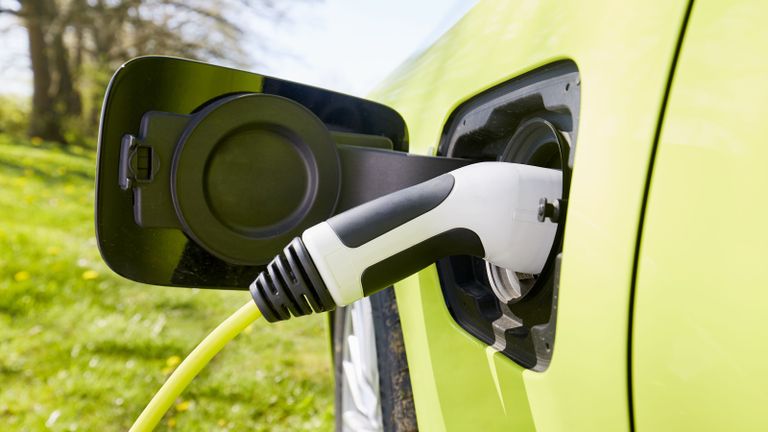IRS Hybrid Tax Credit Explained: A Must-Read for Hybrid Car Buyers
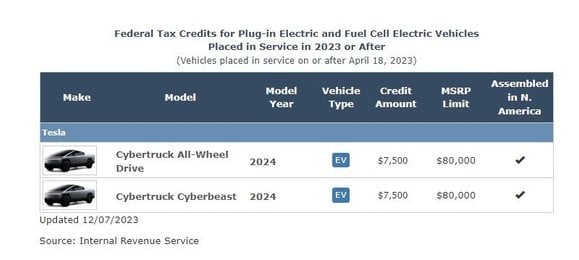
If you’re contemplating the purchase of a hybrid vehicle, understanding the hybrid vehicle tax credit irs is essential. This federal tax credit can significantly reduce the overall cost of owning a hybrid car, making it an appealing option for many environmentally-conscious consumers. This article will delve into the intricacies of the IRS Hybrid Vehicle Tax Credit, helping you navigate its requirements, benefits, and the process to claim it effectively.
What Is the IRS Hybrid Vehicle Tax Credit?

The IRS Hybrid Vehicle Tax Credit is designed to incentivize the purchase of hybrid vehicles by offering a financial benefit to buyers. This credit can lead to substantial savings at tax time, but it’s important to understand what qualifies and how to take advantage of this opportunity.
Understanding Federal Tax Credits for Vehicles
Federal tax credits for vehicles are financial perks offered by the government to encourage the adoption of more fuel-efficient and eco-friendly cars. These credits serve as incentives to lower carbon emissions and promote energy independence, aligning with broader environmental goals.
When you purchase a qualifying vehicle, you may be eligible for a specific amount deducted from your tax liabilities. The amount varies based on the vehicle’s type, battery capacity, and manufacturer’s sales numbers.
Difference Between EV and Hybrid Tax Credits
Hybrid and electric vehicles (EVs) both receive federal tax credits, but they differ in nature.
Hybrid vehicles combine a traditional internal combustion engine with an electric motor, while EVs rely solely on electricity stored in batteries.
The tax credits associated with these two categories also vary. Generally, EV credits tend to be more substantial due to their zero-emission status, but hybrids still offer meaningful savings.
Why the IRS Offers These Incentives
The IRS offers these incentives to encourage the transition towards greener transportation options. As climate change concerns grow, governmental support through tax credits aims to increase consumer interest in alternative fuel vehicles.
The long-term goal is to enhance energy efficiency and decrease reliance on fossil fuels, fostering a sustainable automotive market that ultimately benefits everyone.
Do Hybrid Vehicles Qualify for Tax Credits?
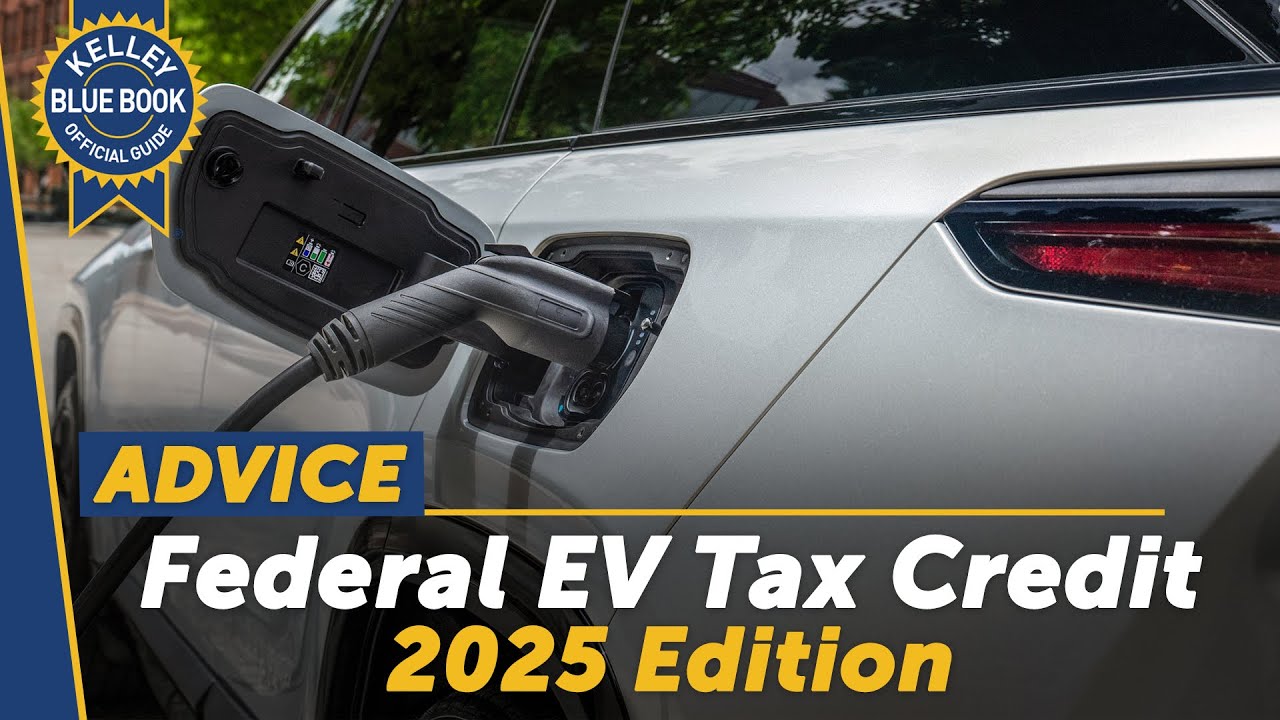
Not all hybrid vehicles qualify for the IRS tax credit. Understanding the nuances of eligibility can help buyers make informed choices.
What Types of Hybrids Are Eligible (HEV vs PHEV)
There are primarily two types of hybrids eligible for the IRS Hybrid Vehicle Tax Credit:
- HEVs (Hybrid Electric Vehicles): These vehicles use both a conventional engine and an electric motor, optimizing fuel efficiency without needing to be plugged in.
- PHEVs (Plug-in Hybrid Electric Vehicles): PHEVs have larger batteries that can be charged from an external source, allowing them to operate on electric power alone for shorter distances.
Both types can qualify for the tax credit, but typically PHEVs may offer higher credit amounts due to their increased electric capacity.
Plug-in Hybrid vs Fully Electric: Key Differences
The distinction between plug-in hybrids and fully electric vehicles is significant when considering tax credits.
- Plug-in Hybrids: They offer the flexibility of a gasoline engine alongside an electric motor, providing greater range and convenience for longer trips.
- Fully Electric Vehicles: Rely entirely on electric power, producing no tailpipe emissions and often receiving higher tax credits due to their environmental impact.
Understanding these differences helps potential buyers weigh the benefits of each type and choose the right vehicle for their needs.
Hybrid Models That Currently Qualify for the Credit
As of 2023, several hybrid models qualify for the IRS tax credit, and it’s crucial to check current lists as eligibility can change. Popular models include:
- Toyota Prius Prime
- Honda Clarity Plug-in Hybrid
- Ford Escape PHEV
Always verify with the IRS or the manufacturer to ensure the model you’re considering falls under the eligibility criteria.
How Much Can You Save with the IRS Hybrid Vehicle Tax Credit?

Determining how much you can save with the IRS Hybrid Vehicle Tax Credit involves understanding the typical credit amounts and various influencing factors.
Typical Credit Amounts for Hybrid Cars
The credit amount for hybrid vehicles generally ranges between $2,500 to $7,500, depending on the vehicle’s specifications, particularly battery size. For instance:
- Smaller hybrid batteries might result in lower credits.
- Larger batteries found in plug-in hybrids could yield maximum tax benefits.
Researching the specific model can provide clarity on the applicable credit amount.
Factors That Influence the Credit You Receive
Several factors can influence the final credit amount you receive. Notable considerations include:
- Battery Capacity: Higher capacity typically means a larger credit.
- Manufacturer Sales Limit: Once a manufacturer sells 200,000 qualifying vehicles, the credit begins to phase out.
- Purchase Date: New rules may apply based on when you purchased your vehicle, affecting eligibility and credit amount.
It’s essential to stay updated on these factors to ascertain the best possible savings.
Examples of Tax Credit Savings by Vehicle
Consider two distinct examples of hybrid vehicles:
- Toyota Prius Prime: With a battery capacity of 8.8 kWh, you might qualify for approximately $4,500 in tax credits.
- Ford Escape PHEV: If equipped with a larger battery, you could see credits reaching up to $6,000.
These examples illustrate the tangible financial benefits available through the IRS Hybrid Vehicle Tax Credit.
How to Claim Your IRS Hybrid Vehicle Tax Credit
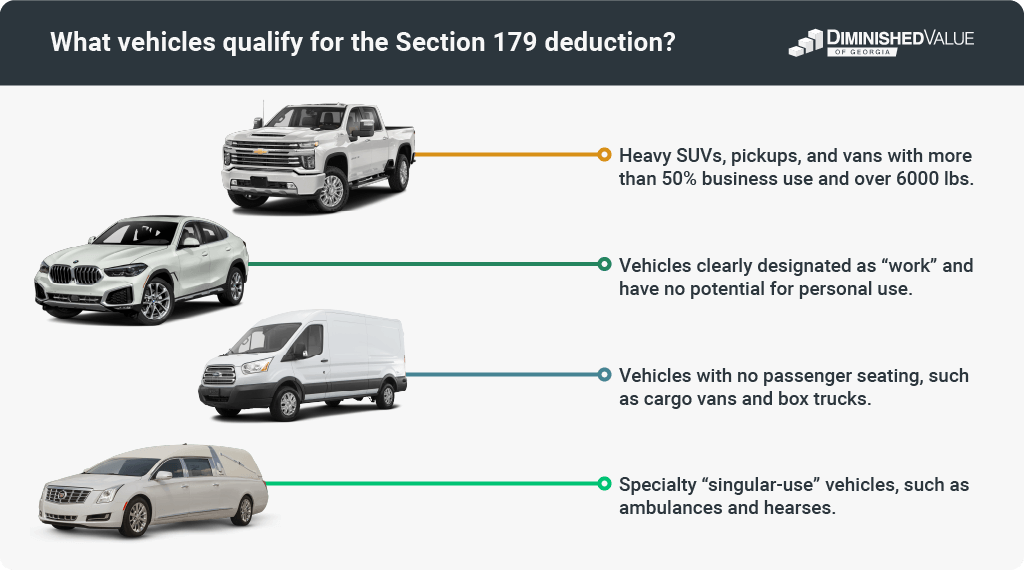
Claiming your hybrid vehicle tax credit may seem daunting, but following the right steps can simplify the process.
Step-by-Step Guide to Filing IRS Form 8936
To claim the hybrid vehicle tax credit, you’ll typically need to complete IRS Form 8936. Here’s a step-by-step guide:
- Gather Necessary Information: Collect details about your vehicle, including make, model, year, and VIN.
- Fill Out Form 8936: Input the relevant information regarding your hybrid vehicle and calculate the potential credit.
- Include the Form with Your Tax Return: Attach Form 8936 to your tax return when filing.
- Keep Copies for Your Records: Store copies of all forms and documentation for future reference.
When to Claim the Credit: Purchase Year Rules
You should claim the credit in the tax year you purchased the vehicle. If you bought the car in December 2023, for example, you would claim the credit when you file your 2023 taxes.
It’s crucial to remember that any delays in claiming could affect your overall savings.
Documents You Need for a Successful Claim
Having the right documentation is key to ensuring a successful claim. Required documents typically include:
- Proof of purchase (such as a bill of sale)
- Form 8936 completed accurately
- Any additional state-specific forms if necessary
Ensuring all paperwork is accurate and complete can minimize the risk of audits or issues with your tax return.
Eligibility Requirements and Limitations

While the hybrid vehicle tax credit is beneficial, there are eligibility requirements and limitations that potential buyers should be aware of.
Income Limits and Filing Status
Certain income limits may affect your ability to claim the full credit. The IRS sets thresholds based on your filing status. If your income exceeds these limits, the credit may be reduced or eliminated altogether.
Make sure to consult the latest guidelines from the IRS to determine how your income level impacts your eligibility.
Vehicle Usage: Personal vs Business
The intended use of the vehicle also influences tax credit eligibility.
- Personal Use: If you buy the hybrid for personal use, you’re likely to receive the full credit.
- Business Use: If the vehicle is used for business purposes, different tax rules apply, potentially affecting the credit amount.
Understanding how vehicle usage affects eligibility can help you make better purchasing decisions.
Important Deadlines and Phase-Outs to Know
It’s essential to be mindful of deadlines associated with claiming the hybrid vehicle tax credit. Pay attention to:
- Annual Tax Filing Deadline: Typically April 15 for personal tax returns.
- Manufacturer Phase-Out Rules: Once a manufacturer hits the sales cap for tax credits, the amount may begin to phase out, so timing your purchase strategically can maximize savings.
Staying informed about these timelines ensures you don’t miss out on potential savings.
IRS Hybrid Tax Credit vs EV Tax Credit: What’s the Difference?
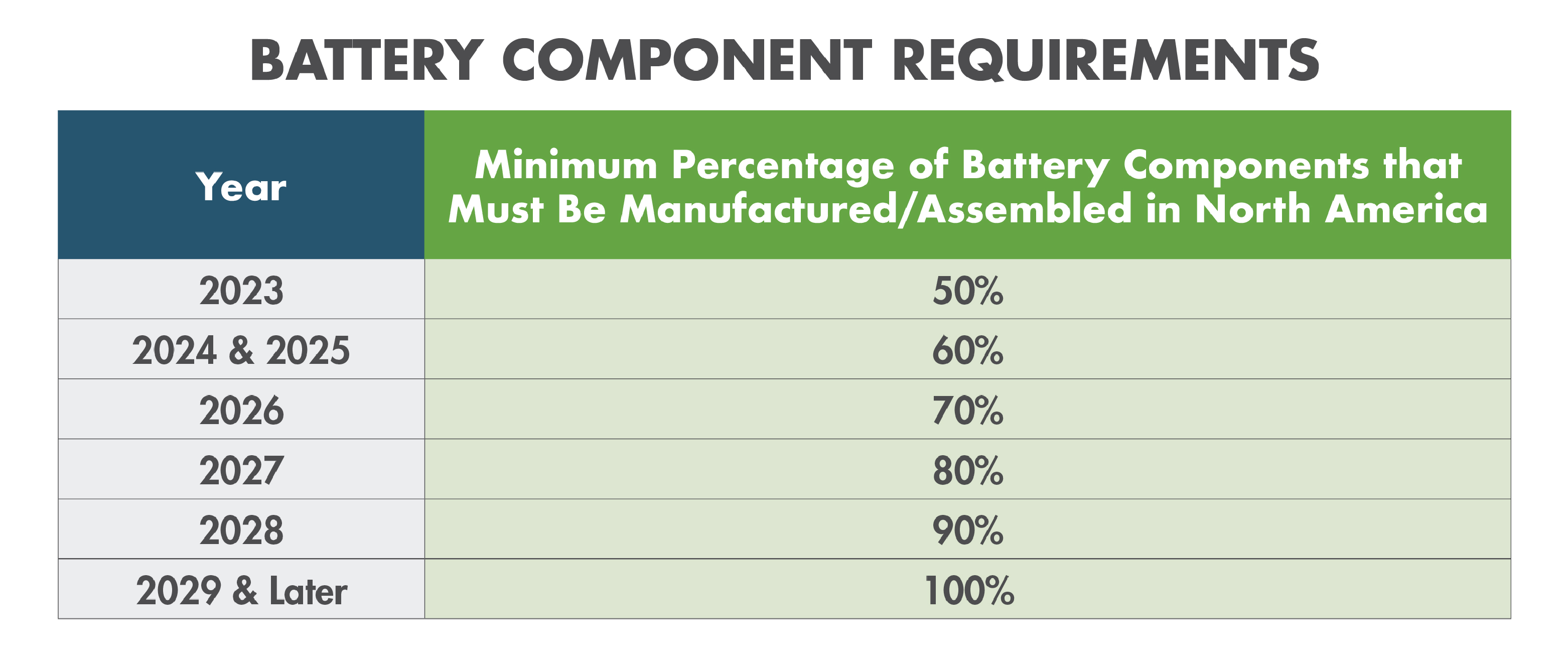
Understanding the differences between the IRS Hybrid Tax Credit and the EV Tax Credit can clarify which option offers greater benefits for your situation.
Credit Value Comparison
Typically, EV tax credits are perceived to be more valuable than hybrid credits, often ranging up to $7,500 or more. In comparison, hybrid vehicle credits generally fall within a lower range.
This disparity arises because EVs contribute more directly to reducing greenhouse gas emissions.
Emissions and Battery Requirements
Battery size plays a critical role in determining the credit amounts.
- For EVs, larger batteries equate to higher credits due to their sole dependence on electric power, promoting cleaner air.
- Hybrids with smaller batteries may not yield as large of a tax benefit, highlighting the difference in emissions reduction potential.
How Legislative Changes Could Impact You
Tax credits are subject to change based on legislative actions. Ongoing discussions about green vehicles may redefine eligibility criteria, credit values, or even introduce new incentives.
Staying informed about policy changes is crucial for maximizing your savings and making the best purchasing decision.
Frequently Asked Questions (FAQs)

Navigating the intricacies of the IRS Hybrid Vehicle Tax Credit can raise many questions. Below are some common queries.
Can I combine federal and state credits?
Yes, in many cases, you can combine federal and state credits. However, it’s important to verify the specifics of your state’s regulations and whether they align with federal credits.
Some states offer additional incentives for hybrid buyers, enhancing overall savings.
What if I lease a hybrid vehicle?
Leasing a hybrid vehicle often disqualifies you from claiming the federal tax credit, as the lease company typically claims the credit. However, check your lease agreement and local laws, as you may still be eligible for other incentives.
Will this credit affect my refund?
The IRS Hybrid Vehicle Tax Credit is a non-refundable credit, meaning it can reduce your tax liability to zero but won’t generate a refund beyond that. It’s vital to understand how it fits into your overall tax strategy.
Final Thoughts: Is Buying a Hybrid Worth It in 2025?

As we look ahead to 2025, the decision to buy a hybrid vehicle becomes increasingly complex, involving financial and environmental considerations.
Financial and Environmental Benefits
Purchasing a hybrid vehicle offers numerous financial advantages, including potential tax credits, lower fuel costs, and less frequent maintenance. Environmentally, hybrids contribute to lowering emissions compared to traditional vehicles, helping combat climate change.
Comparing Total Cost of Ownership
When deciding whether to invest in a hybrid, consider the total cost of ownership, factoring in purchase price, insurance, maintenance, and fuel savings.
Hybrids typically provide excellent fuel efficiency, leading to reduced expenses over time.
Should You Act Now Before Tax Rules Change?
Given the unpredictability of future tax laws, buying a hybrid sooner rather than later might be prudent. By taking advantage of current credits and incentives, you can maximize your savings before any potential rule changes occur.
Video
Conclusion
The IRS Hybrid Vehicle Tax Credit is a valuable incentive for those considering the purchase of a hybrid vehicle. By understanding the qualifications, benefits, and processes involved, buyers can make informed decisions that align with their financial goals and environmental values. As the automotive landscape evolves, staying informed about tax credits and incentives will help you leverage the best opportunities available, making the journey toward greener transportation not only feasible but financially sound.
You can read: Complete Guide to Federal EV Charger Tax Credits for Homeowners


